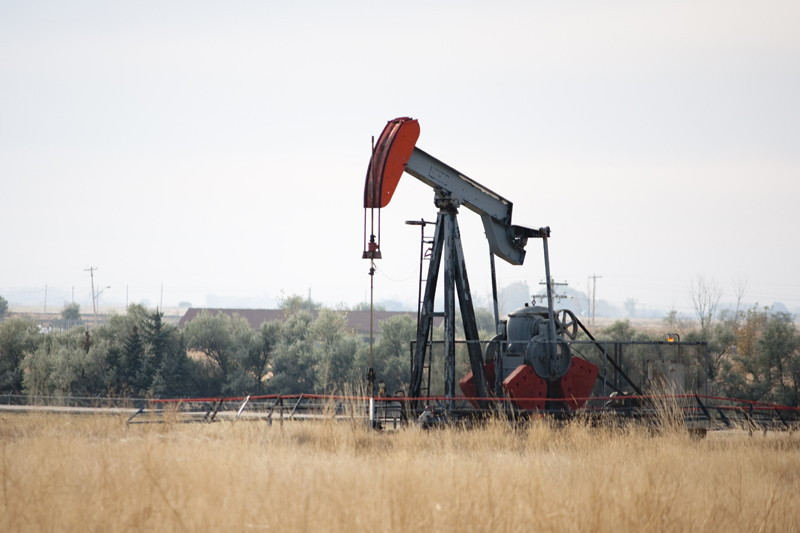Keystone Pipeline hearings over, but debate still on
Protests have effects regardless of outcome
Public hearings on the proposed Keystone XL Pipeline ended earlier this month, but the effects of environmentalist protests to the project remain to be seen.
Earlier, Prime Minister Harper told Bloomberg Television he found it hard to imagine the decision turning out against the pipeline.
“The economic case is so overwhelming. The number of jobs that would be created on both sides of the border is simply enormous,” he said.
In a press release, natural resources minister Joe Oliver said the Keystone XL pipeline would generate over 140,000 Canadian jobs and $600 billion in economic activity over the next 25 years.
But the Communications, Energy and Paperworkers Union (CEP), representing more than 35,000 oil, gas and chemical industry workers in Ontario, Alberta and other provinces, remained unimpressed.
In September, union president Dave Coles said the pipeline would actually cost Canada about 40,500 direct and indirect jobs.
“These jobs are literally going down the pipe with the 900,000 barrels per day of unrefined bitumen to the U.S. while we are importing our crude oil for Eastern Canada,” he said.
“ People can get mobilized around this issue in both the U.S. and Canada, and I think policymakers will be a little bit more careful about how they proceed in the future.
Chris Adams, politics professor, University of Winnipeg
The union participated in the Ottawa protests against the pipeline.
“The action on Parliament Hill was a true blue and green event,” said the Council of Canadians’ Maude Barlow in a press release. “Today, labour, environmental and indigenous leaders stood together to push this government to turn away from the tar sands and towards a green energy future.”
“It’s destroying the environment, it’s destroying indigenous people’s lands, it’s destroying jobs ... and the final straw is the main company buying the oil from the pipeline is actually buying it for export,” said Mary McCandless, a local representative from the Council of Canadians.
She said Valero, the main buyer of Keystone Excel oil, plans to refine it for export to Europe and Latin America, rather than contributing to North American energy security as pipeline supporters have claimed.
Curt Hull of Climate Change Connection raised the same concern, noting the recent history of pipeline leaks on both sides of the border. But he said the most important concern is that investing in the pipeline continues to entrench dependence on fossil fuels, with little serious investment in renewable energy sources.
But the effects of pipeline protests remain to be seen.
Chris Adams, a politics professor at the University of Winnipeg, said well-established interest groups usually work on an issue before it gets to the public eye.
“When we see people taking to the streets in protest of a certain policy decision, usually that means they’ve lost the battle in the back rooms. So, in a way, it’s a sign of part of the weakness of the environmentalist movement,” he said.
On the other hand, Adams said, the protests have brought objections to the pipeline and tar sands to a broader audience both in Canada and the U.S. Whether this will have any influence on this particular decision is uncertain.
“But it also has an impact in the long term - people can get mobilized around this issue in both the U.S. and Canada, and I think policymakers will be a little bit more careful about how they proceed in the future,” he said.
Published in Volume 66, Number 8 of The Uniter (October 19, 2011)







